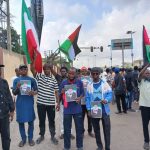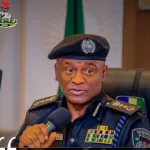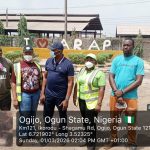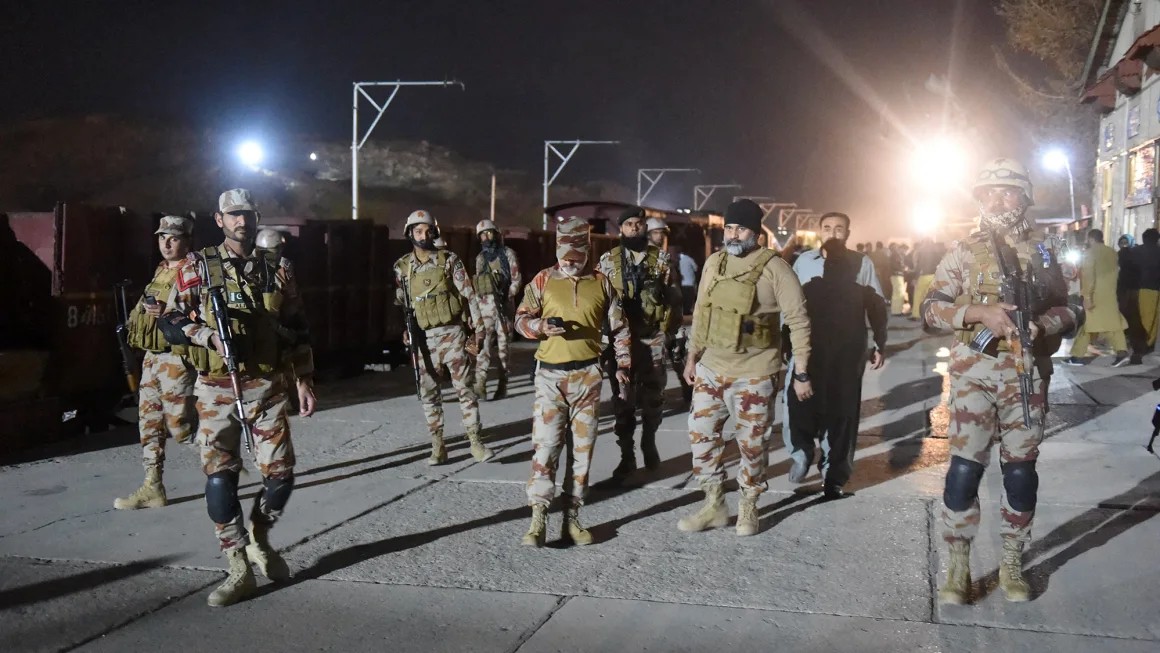Former Vice President Atiku Abubakar has criticised the recent police summons issued to former Kaduna State governor, Mallam Nasir El-Rufai, and leaders of the African Democratic Congress, describing it as part of a wider trend of political harassment under President Bola Tinubu’s administration.
The Kaduna State Police Command had invited El-Rufai alongside seven top ADC figures over allegations of criminal conspiracy, incitement of public disturbance, mischief, and causing grievous harm.
The invitation was contained in a letter dated September 4, 2025, signed by Deputy Commissioner of Police in charge of the Criminal Investigation Department, Uzainu Abdullahi.
The letter directed the state chairman of the ADC to ensure the accused individuals report to the State CID on September 8.
Those listed for questioning include Bashir Sa’idu, Jafaru Sani, Ubaidullah Mohammed (popularly known as “30”), Nasiru Maikano, Aminu Abita, and Ahmed Rufa’i Hussaini (also known as “Mikiya”).
Reacting to the development through a statement shared on his social media platforms, Atiku linked the Kaduna summons to what he described as a troubling national pattern of silencing dissent.
“The summons of Mallam Nasir El-Rufai and leaders of the ADC in Kaduna, the brazen attack on former Attorney General Abubakar Malami, and the violent disruption of the Katsina Elders Forum meeting on security reforms are not isolated incidents,” he wrote. “They signify a coordinated and dangerous assault on dissenting voices, civic freedoms, and the very essence of pluralistic democracy.”
Atiku expressed concern that security agencies were being used as tools to intimidate the opposition, warning that such actions posed a grave threat to the country’s democratic institutions.
He maintained that criminalizing opposition voices and deploying state power to suppress dissent undermines the foundations of democracy and could push the country toward authoritarianism if left unchecked.
He called on Nigerians across political divides to stand in defense of democratic values, stressing that the protection of civil liberties should not be the sole responsibility of opposition politicians.
“Power is transient,” Atiku stated. “But history will harshly judge those who wield it against the people instead of in their service. Nigeria belongs to all of us, not just the ruling party or any single individual.”











